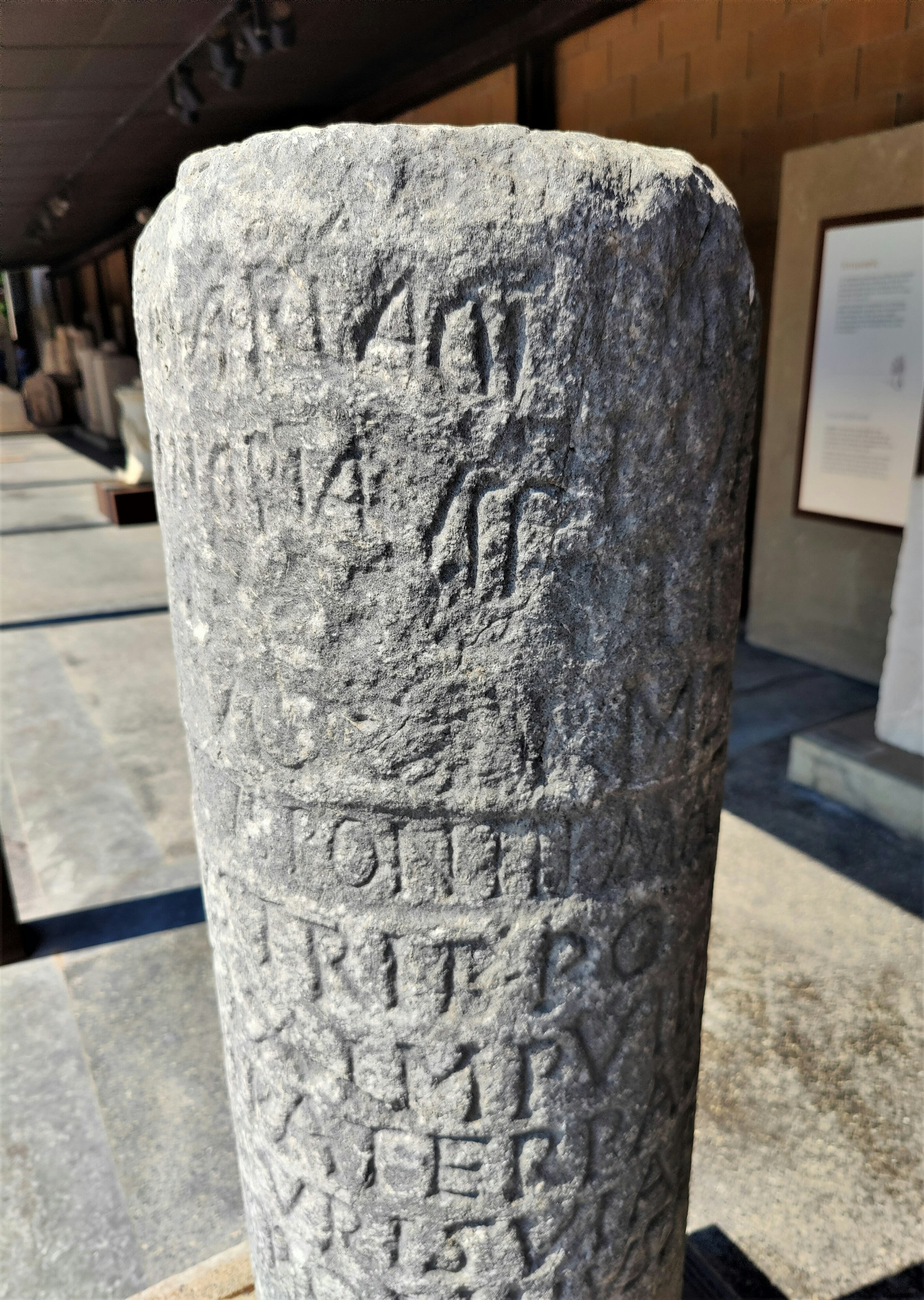Discover Thiva: History, Customs, Festivals, and Traditions
Explore Thiva's rich history, vibrant customs, and lively festivals in our in-depth guide. Discover a gem in Central Greece.

Discover Thiva: History, Customs, Festivals, and Traditions
Introduction to Thiva
Thiva, also known as Thebes, is a city in Boeotia, central Greece. It holds a significant place in Greek mythology, featuring prominently in many ancient tales. The city's rich history, vibrant customs, and lively festivals make it a fascinating destination for travelers seeking an authentic Greek experience. Explore the enchanting blend of ancient and contemporary life in Thiva, where historical ruins coexist with modern-day culture.
Historical Context
Ancient History
Thiva's roots stretch deep into antiquity. Known as Thebes in ancient times, the city was a powerful city-state and a major rival of Athens and Sparta. According to mythology, Thiva was founded by Cadmus, the brother of Europa, and was home to the legendary hero Hercules.
During the Mycenaean period, Thiva was a significant center of power. Its prominence continued through the Classical era, where Thiva played pivotal roles in various conflicts, including the Persian Wars and the Peloponnesian War. The Battle of Leuctra in 371 BCE was one of Thiva's most memorable victories, marking the decline of Spartan dominance in Greece.
Medieval and Modern History
In the Byzantine era, the city retained some importance but suffered from invasions and occupations, first by the Franks and later by the Ottomans. In the 19th century, Thiva became part of the modern Greek state and has since evolved into a vibrant modern city while retaining its historical charm.
Customs and Traditions
Local Customs
Thivaians are known for their warm hospitality, a custom deeply rooted in ancient Greek tradition. Visitors are often treated like family and are encouraged to participate in local activities and customs. The concept of 'Philoxenia,' or friend of a stranger, is still very much alive in Thiva.
Daily Life
Daily life in Thiva is a blend of the old and new. Early morning visits to local bakeries for freshly baked bread are customary, while evenings are reserved for socializing in the town's central square. Family remains a central pillar of society, and multigenerational households are common.
Festivals
Carnival
The Carnival of Thiva is a spirited event held annually before Lent. The festivities feature parades, masquerades, and street performances, with participants donning elaborate costumes and masks. It's a time of joy and exuberance, reflecting the city's vibrant cultural spirit.
Holy Week and Easter
Holy Week and Easter are deeply significant in Thiva, marked by solemn religious ceremonies and joyous celebrations. The Good Friday procession, where a replica of Christ's tomb is carried through the streets, is a particularly moving event. On Easter Sunday, families gather for feasts featuring roasted lamb and traditional dishes.
Thebes Epaminondas Festival
Named after the ancient Theban general Epaminondas, this festival celebrates Thiva's historical and cultural heritage. Events include historical reenactments, lectures, performances, and exhibitions, allowing visitors to immerse themselves in the city's rich past.
Interesting Facts
- Seven Gates: Ancient Thiva was famous for its seven gates, referenced in Aeschylus' tragedy "Seven Against Thebes."
- Birthplace of Gods and Heroes: Besides Hercules, the city is said to be the birthplace of Dionysus, the god of wine, and Oedipus, the tragic hero of Sophocles' plays.
- The Sacred Band: Thiva was known for the Sacred Band, an elite military unit composed of 150 pairs of male lovers, celebrated for their bravery and unity in battle.
